The Importance of Sport Psychology
Mariajose Montoya rides her bike in the Latin American Downhill Mountain Bike Championship in Colombia. PHOTO//MARIAJOSE MONTOYA
November 29, 2021
I never thought it would be the worst competition of my life. A few years ago, I was on my way to the Latin American Downhill Mountain Bike Championship in Colombia representing my home country Honduras. It was my first time competing against the woman who inspired me to enter in this extreme sport, Mariana Salazar. I was excited about the opportunity. However, that dream turned into a total nightmare in the blink of an eye when my mental health took an unexpected plummet.
With months of hard training, I could tell that my body physically felt 100% healthy. However, my happiness fell apart when race day came. I did not understand what was happening to me. I felt uncomfortable, insecure, afraid, disappointed and annoyed. My mind was failing me. All I kept thinking was, “I can’t beat the woman who inspired me, I’m not as good as her, I don’t like the track.”
I stopped believing in the potential I had, and I was trapped in a bubble of negativity. Despite training six days a week, I couldn’t even manage to make a safe descent. Training the mind is fundamental and necessary for every athlete. Athletes can have a bad performance if they do not strengthen their minds. Not only that, but they won’t be able to improve themselves and only ever be an average athlete- even if they have good technique and physical preparation. If they never establish the necessary mental endurance in order to succeed, an athlete can never perform their best.
Lanny Bassham’s With Winning In Mind is the book that saved my life. I was so traumatized from the earlier competition that I thought I didn’t want to ride a bike anymore. I didn’t think I was good enough. One of the things Bassham said in his book that helped push me was, “Performance is 90 percent mental and 10 percent physical.” Reading this book between competitions helped me to strengthen myself mentally.
Weeks later, I competed in the final of the Latin American Championship right there in Colombia. At that moment, I started to read the book carefully. The more I read, the more I realized the reason for my big failure. I had let my nerves, anxieties, stress, sadness, anger, and pressures take over my mind and cause me to fail in my event. I realized I needed to avoid negative conversations and be optimistic about my performance.
I prepared my mind every day until the competition. My mental health improved, and I began to believe in my abilities again. It was difficult to get out of that bubble of negativity, but eventually, I found that confidence that was missing.
Numerous things were against me on the day of the competition. My bike’s brake was broken at the last minute, so I would have to put my brother’s brake on my bike in each descent and then give it back to him. Due to this minor mishap, I barely arrived on time to start my descent. Despite all the adversity, I did not let those problems hinder me. I would repeat over and over, “I want to, I can, and I’m going to make it.” I pushed myself like never before and was awarded as the Latin American downhill champion. I can’t explain how perfectly everything felt at that moment, and I give a lot of credit to my mental preparation.
To all the coaches, I ask that you know about the mental health of your athletes. Know how your athletes feel before, during, and after a competition. Pay attention to their attitude when they fail and have to face adversity. Make a positive change in the athletes. Train their minds, and turn them into “powerful athletes” capable of controlling their minds as well as their bodies.
My dear fellow athletes, train your mind as much you train your physique. You will develop skills that will make you become the person you want to be. Believe in yourself, your abilities and in the potential you have that will make you invincible. You will go as far as your mind and soul desire.


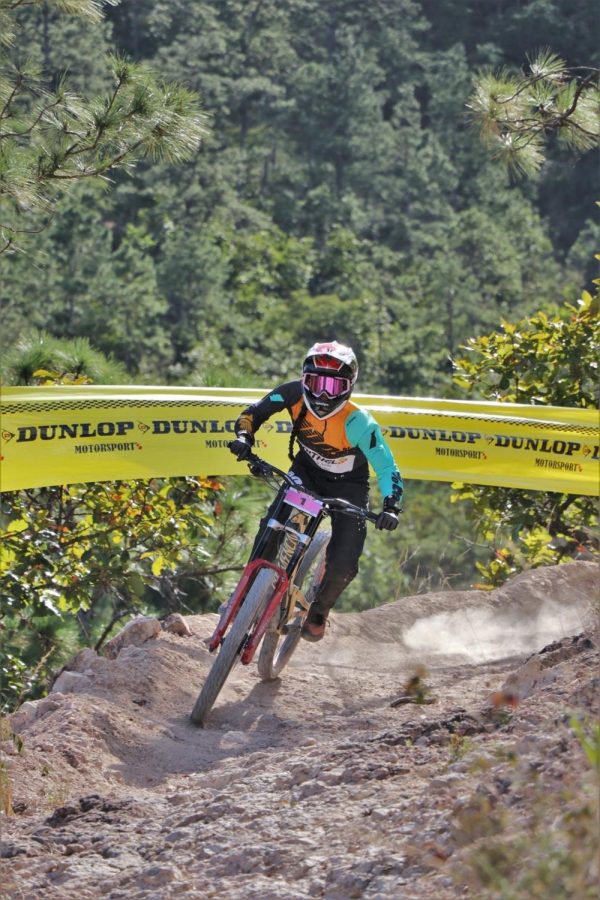


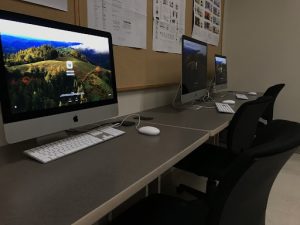




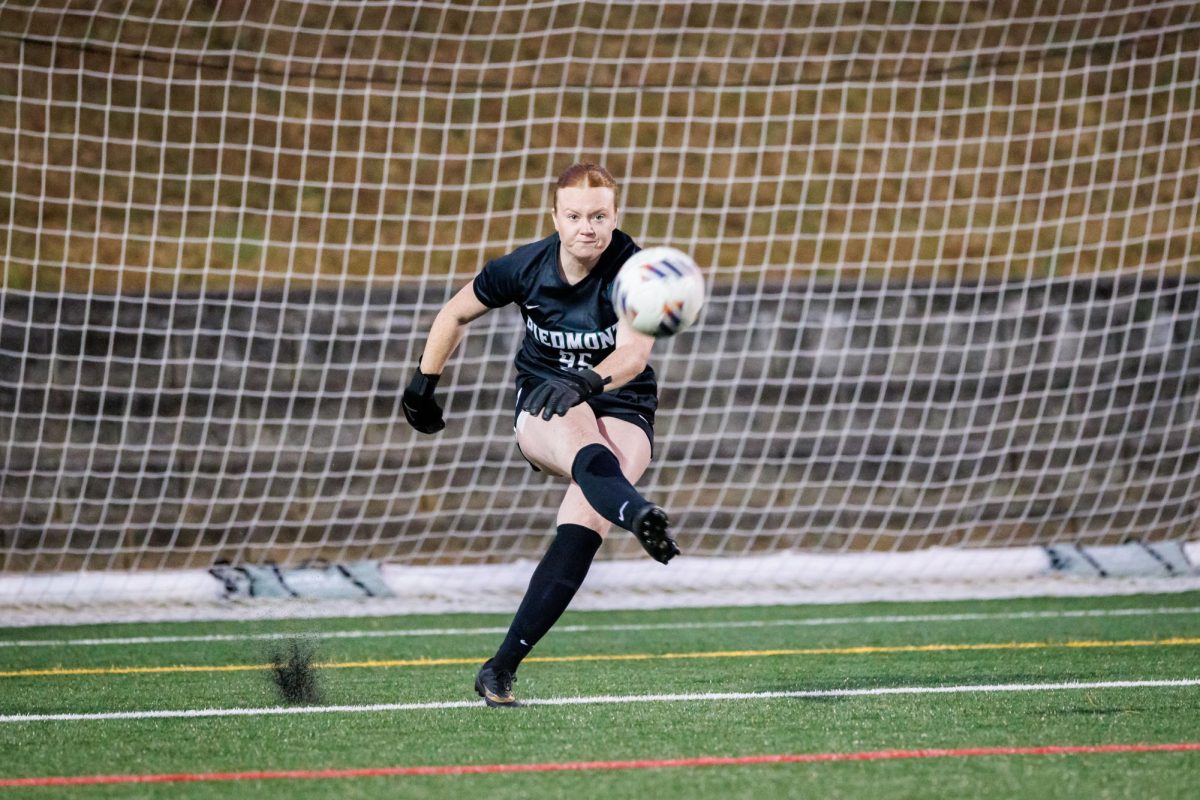
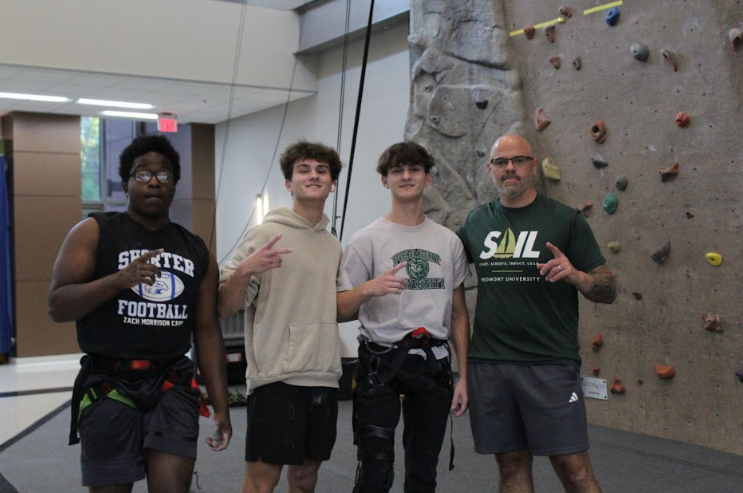

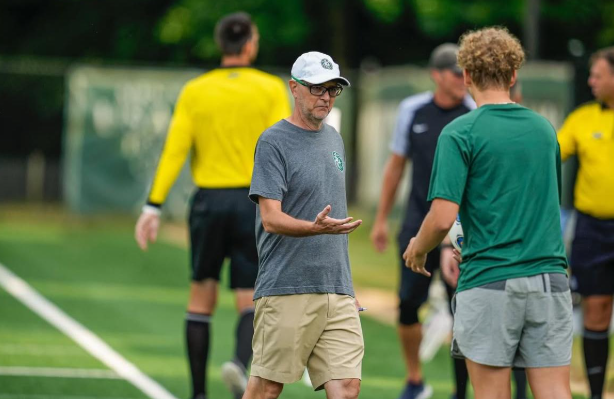
Betsy McDonald Weinrich • Nov 30, 2021 at 9:01 am
Thanks for sharing this experience, Mariajose. You are an amazing athlete and student. I’m encouraged!